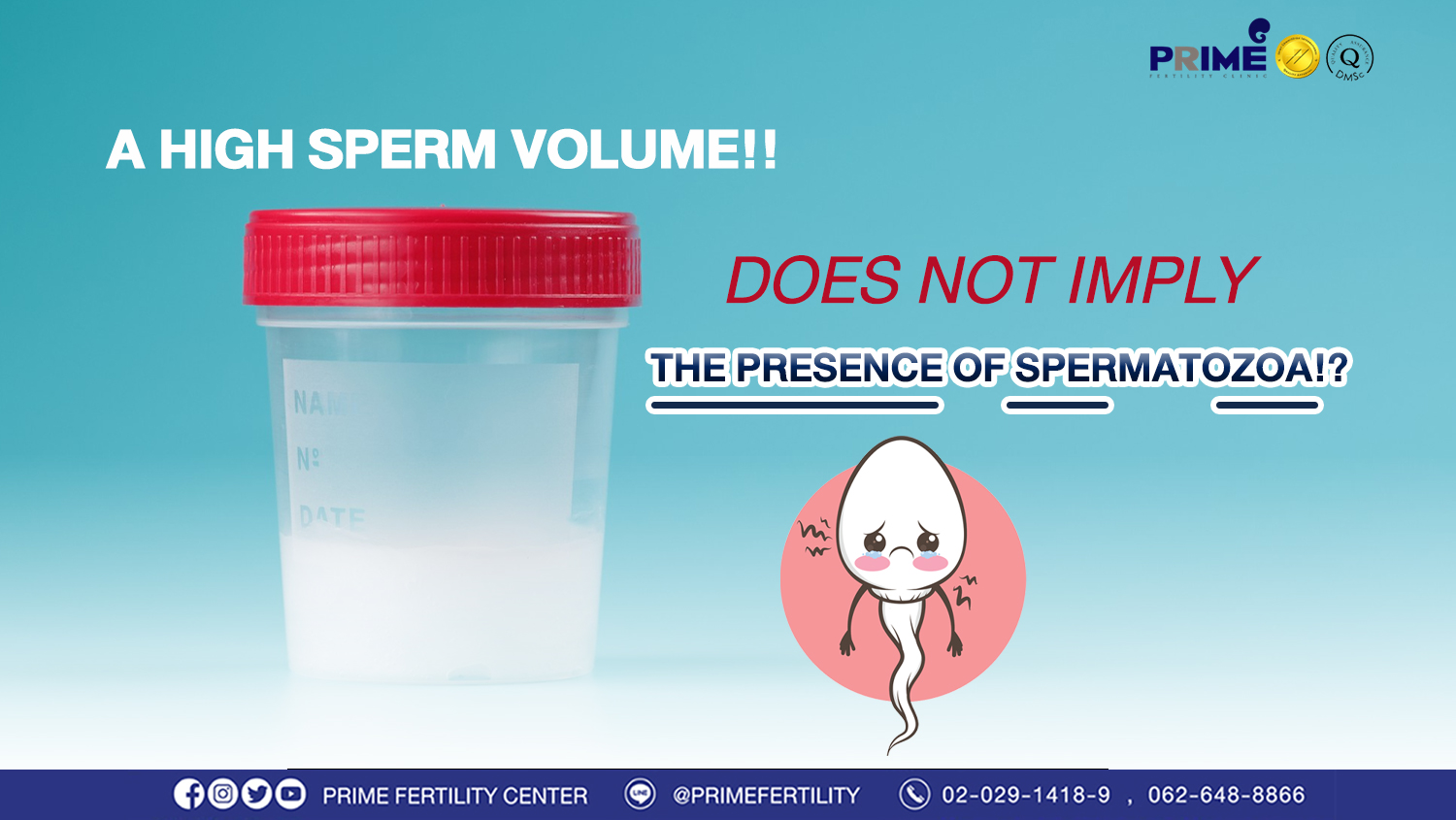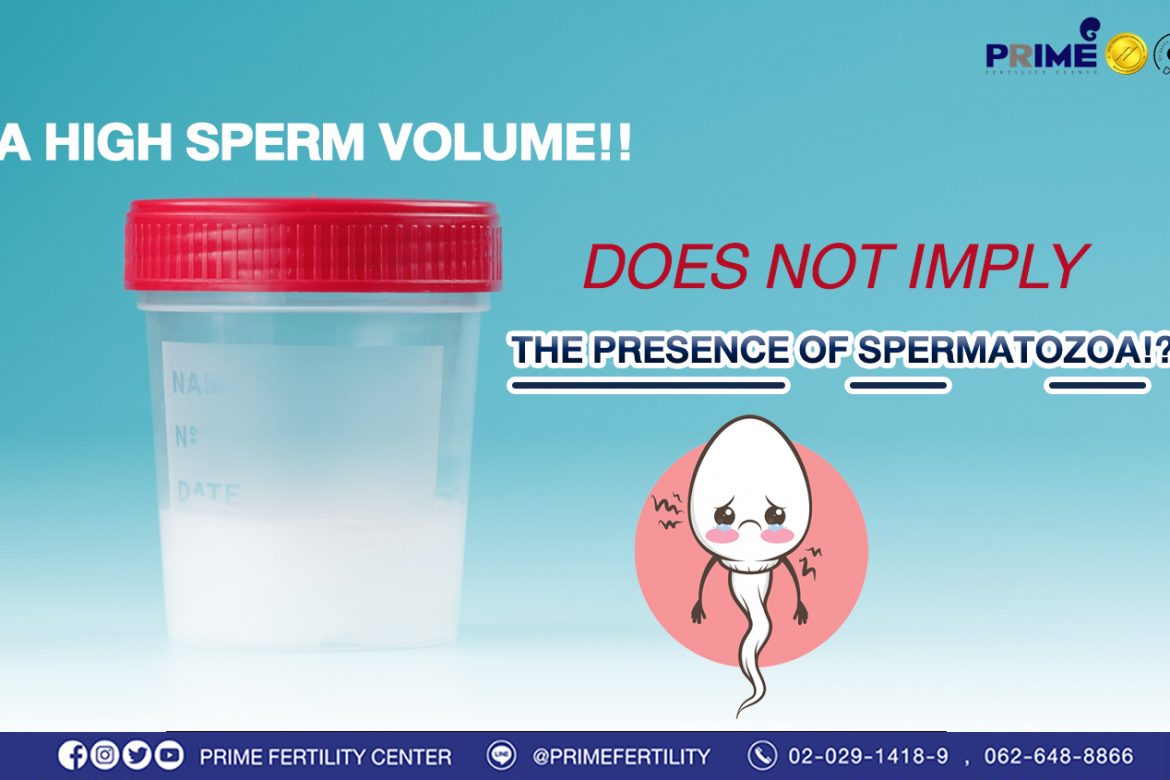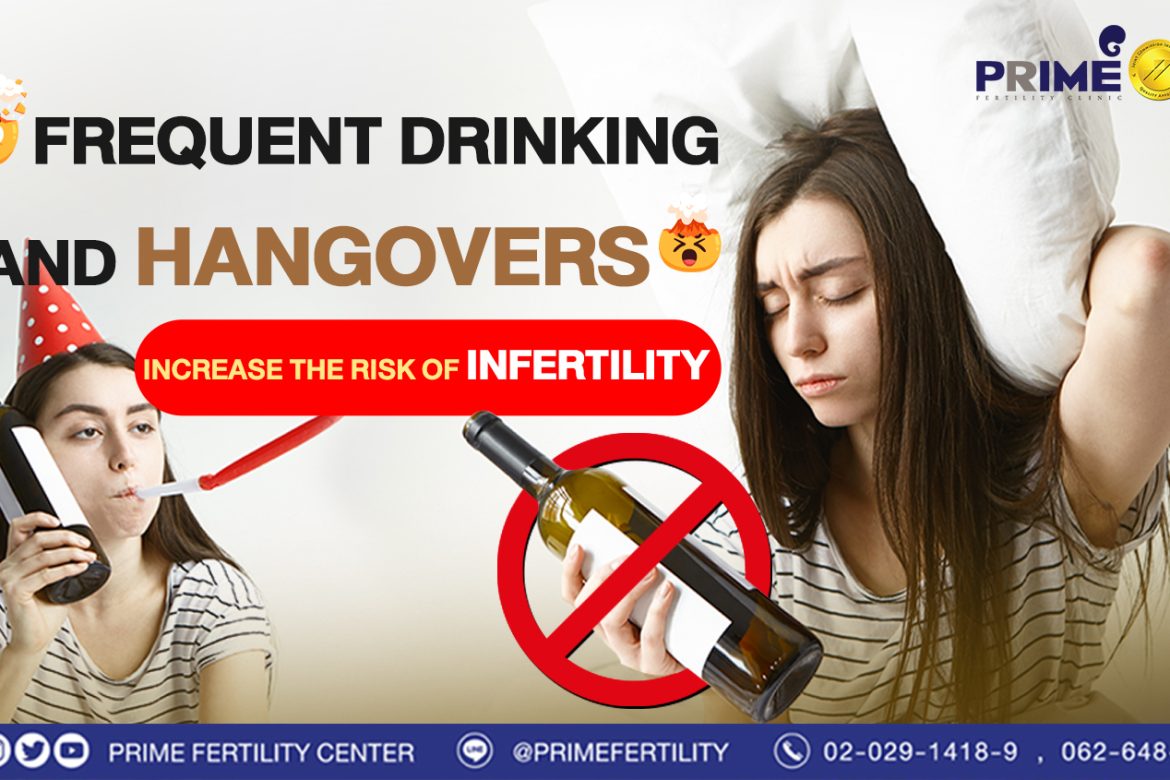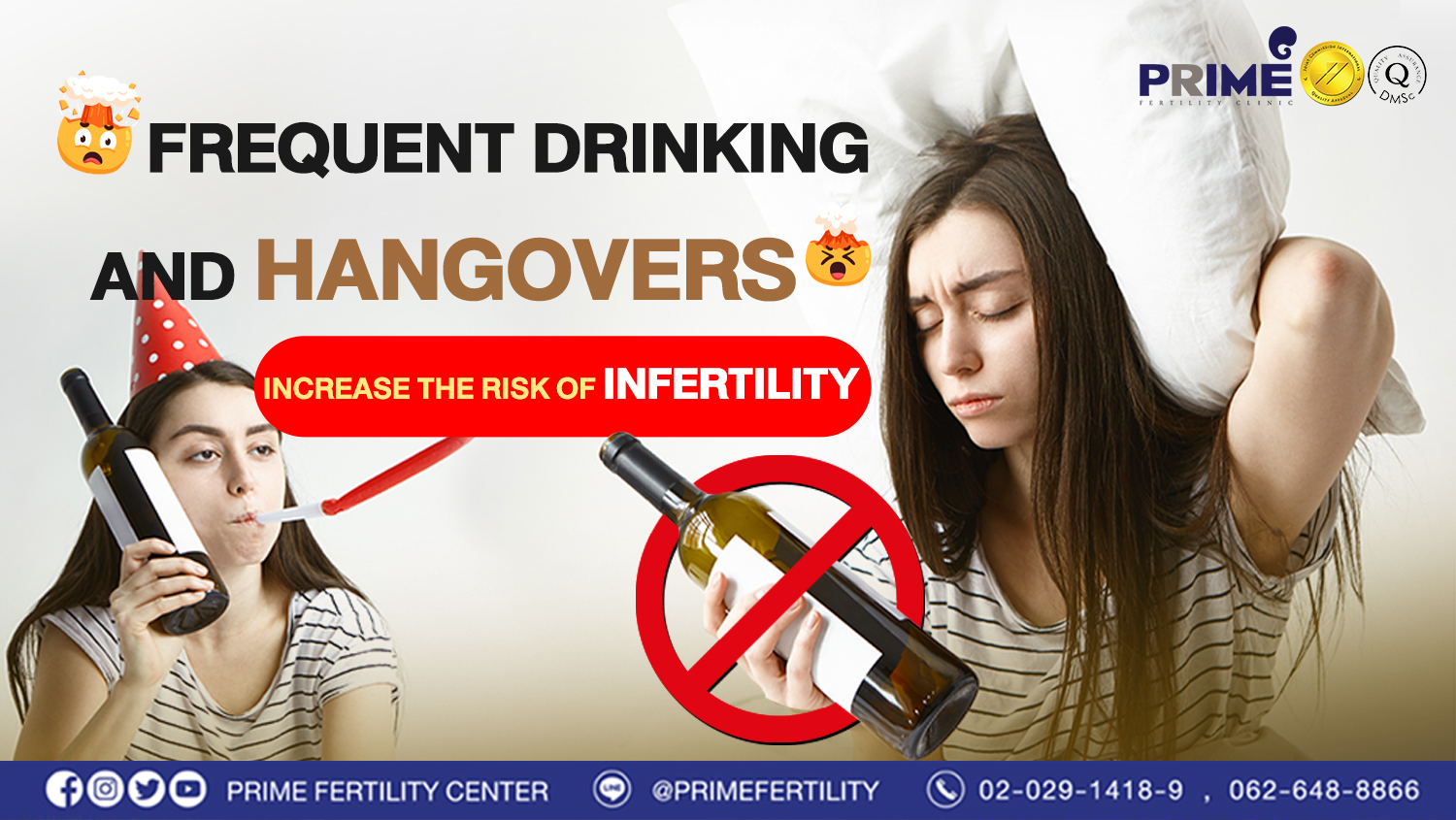Men’s sperm contains a variety of components, including fluid secreted by various glands and spermatozoa.

Normal sperm volume indicates that the reproductive glands are functioning normally. However, PH balance can also reveal abnormalities.
Other factors, such as sperm retention, infection, and urine mixture, will need to be considered for those with larger ejaculate volumes than normal.
However, sperm volume doesn’t indicate sperm quality. The doctor will consider sperm concentration, sperm motility and sperm morphology.
Therefore, if you’re trying to have a baby with no success even if your ejaculation seems normal, we recommend you get semen analysis. This is due to the fact that sperm volume does not imply the presence of spermatozoa.
Reference: Prime Fertility Center Co., Ltd.
If you’re interested in our ICSI program, kindly find more details as below website: https://www.primefertilitycenter.com/en/package-promotion-2/icsi-package/
—————————————————————–
ICSI (Intracytoplasmic Sperm Injection)
ICSI (Intracytoplasmic Sperm Injection) is an in vitro fertilization procedure with the laboratory technology. Both IVF and ICSI are comprising of similar procedures. But the difference is how sperm will fertilize an egg. In ICSI program, only one best sperm cell will be selected then injected directly into a fully matured egg. Patients will be prescribed some hormonal medications. Stimulating ovaries to produce several eggs. ICSI can make a pleasant fertilization rate. As well as reduces some fertilization problems or abnormalities caused from egg and sperm. For example: multiple sperm fertilize an egg, sperm cannot penetrate the egg. The combined egg will transform to be an embryo after fertilization. Next, the embryo will be raised and will grow up among the appropriate environment inside a laboratory. Finally, the embryo will be transferred to the uterine cavity in order to implant then develop to be the fetus later on.
Couples who should receive the infertility treatment with ICSI program:
- Female’s age more than 35 years
- Stenosis for both sides of the fallopian tube
- Severe Endometriosis
- Ovarian hormone dysfunction for examples: Chronic Anovulation, PCOS (Polycystic Ovary Syndrome)
- Severe sperm abnormalities including sperm morphology, sperm count, sperm motility
- Male who is sterile or had a vasectomy but the body can still produce sperm. To extract sperm under this limitation, a surgical procedure will be performed such as PESA, TESA, TESE.
- Couples who have failed from previous IVF cycle
- Couples who prefer screening the embryo’s genetic diseases
Semen Analysis
Infertility is caused by many factors as follows:
- Male factor is about 30-40%
- Female factor is about 30-40%
- Male & Female factor about 30%
- Unknown factor is about 10-20%
Semen analysis is a main fertility examination in male. However, in order to evaluate the cause of infertility, leading to the appropriate treatment, there are some necessary steps including history taking, health checkup as well as other laboratory tests.
The laboratory tests are consisting of various types of male infertility examination. What needs to be evaluated depends on an individual’s medical history and physical checkup. But semen analysis is compulsory to every case.
Sperm Collecting Instructions
- Male should refrain from any sexual activity and ejaculation for at least 2-3 days but not longer than 7 days.
- Wash your hands and penis with soap and water, be sure to rinse away all of the soap residue. Dry thoroughly before collecting the semen.
- Collect the semen by masturbation.
- Avoid touching the area inside the container while collecting the semen.
- Condom is not allowed as it contains lubricants that can damage the sperm.
- In case male cannot collect the semen by masturbation. It is possible to do sexual activity with his wife and collect the semen in the provided container.
- Collect sperm in a clean and sterile container. You can request a container from the clinic and bring it to the clinic within 1 hour.
- Do not put the sperm in the refrigerator or expose to the ice.




